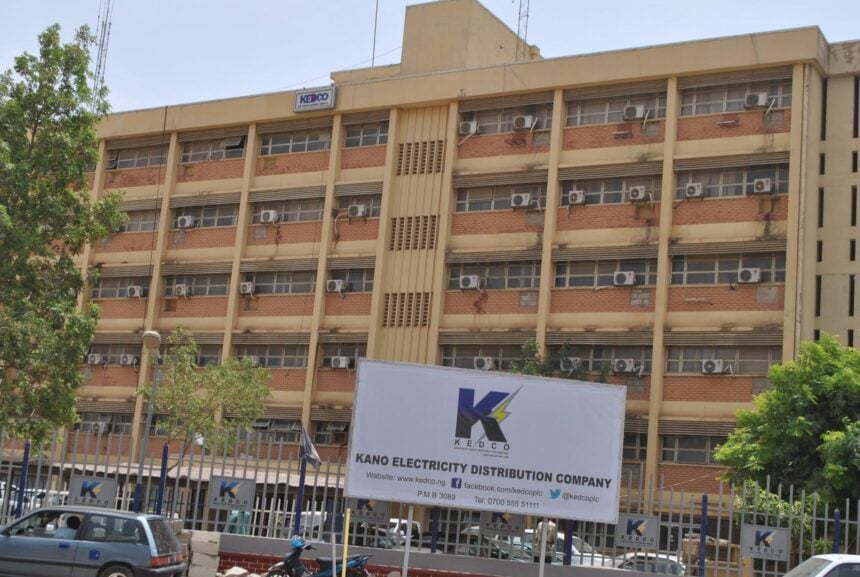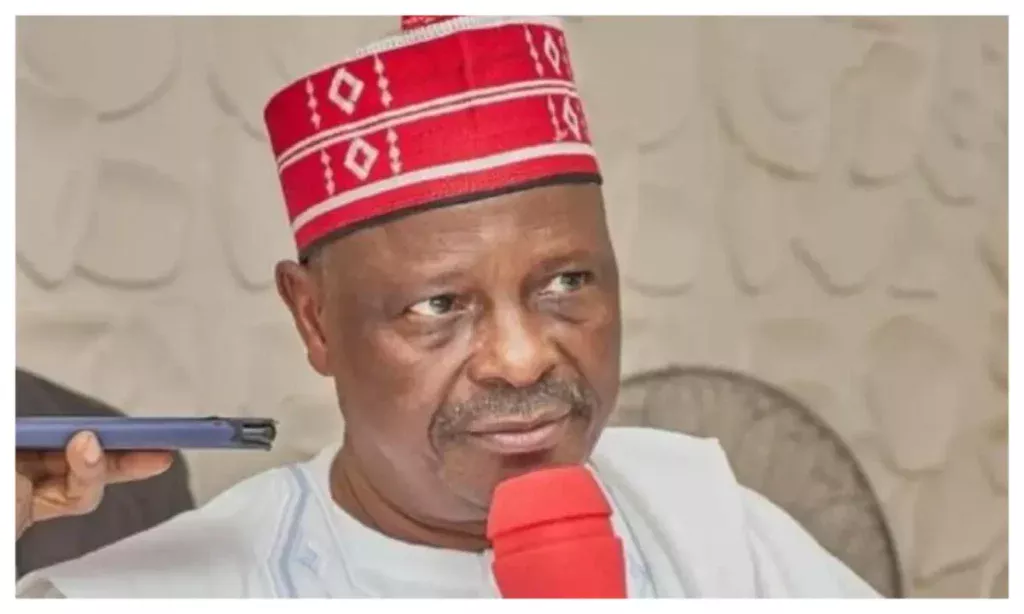Nigerian Refineries Can Be Rehabilitated Without Foreign Help, Says Expert
A prominent public affairs commentator, Sunny Onuesoke, has sparked a debate by suggesting that Nigerian refineries can be rehabilitated without the assistance of foreign companies. According to Onuesoke, Nigerian experts possess the necessary expertise to revive and manage the country’s refineries. This sentiment was expressed in a statement made available to the press in Warri, where Onuesoke emphasized his confidence in the technical capacity of local engineers and technicians.
Onuesoke’s statement highlighted the success of past maintenance efforts undertaken by Nigerian engineers, citing these as evidence of their capabilities. He also stressed that the key to successful rehabilitation lies not in foreign technical support, but rather in the presence of political will and the elimination of corruption. This approach, Onuesoke believes, would not only empower local professionals but also save costs associated with hiring foreign firms.
The commentator criticized the common practice of awarding contracts to foreign companies for tasks that Nigerians are capable of handling. By doing so, Onuesoke is advocating for a nationalistic approach that prioritizes the development of local talent and resources. His remarks come at a time when the Nigerian government is seeking ways to revitalize its refining sector, which has faced significant challenges in recent years.
Onuesoke’s proposition raises important questions about the role of foreign intervention in Nigeria’s industrial development. While some may argue that foreign expertise is essential for modernizing the country’s refineries, others see it as an opportunity to develop local skills and reduce dependence on external assistance. As the debate continues, it remains to be seen whether the Nigerian government will adopt Onuesoke’s proposal and focus on empowering local professionals to drive the rehabilitation of the country’s refineries.
Ultimately, the success of Nigeria’s refining sector will depend on a combination of factors, including the availability of skilled personnel, sufficient funding, and a corruption-free environment. By leveraging the expertise of local engineers and technicians, Nigeria may be able to reduce its reliance on foreign companies and develop a more sustainable and self-sufficient refining industry. As Onuesoke’s statement gains traction, it will be interesting to observe how the government responds to his suggestions and whether they will lead to a new era of industrial growth in Nigeria.



